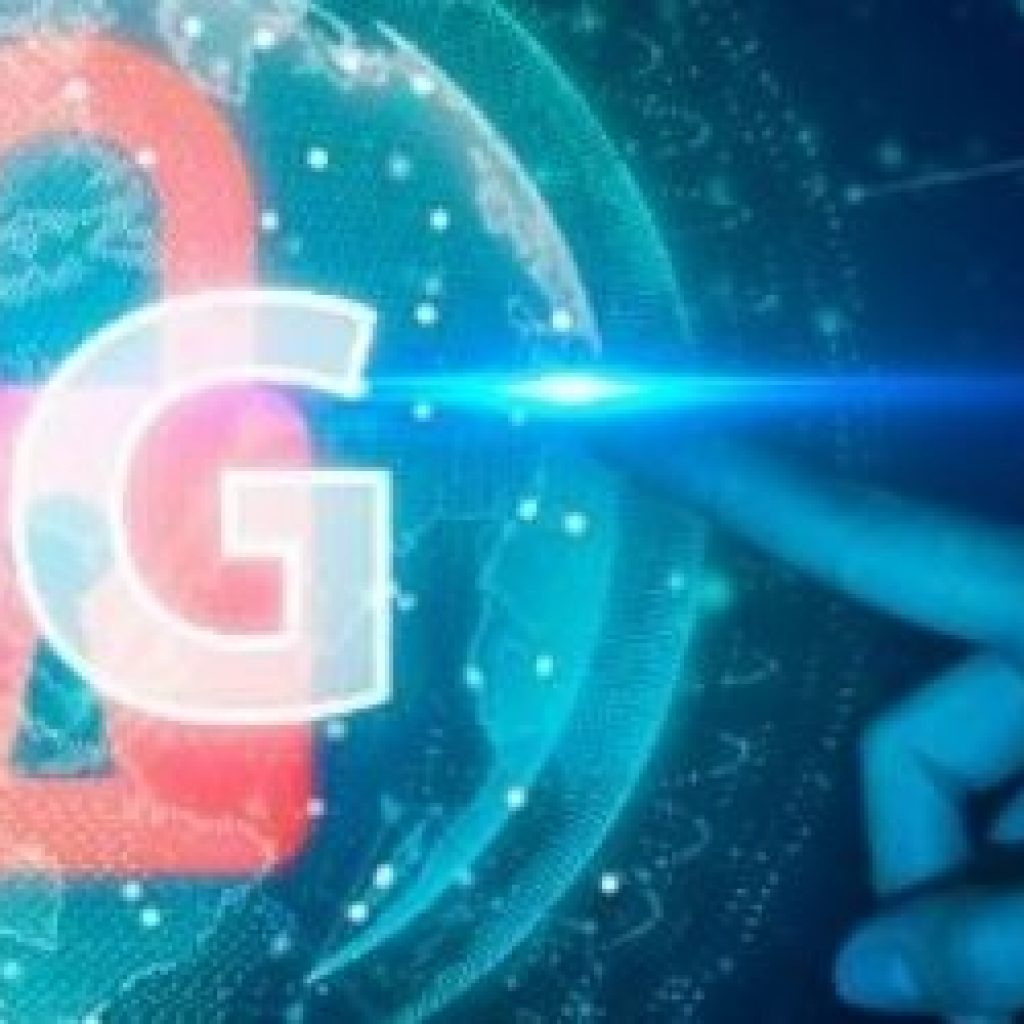(KoreaHerald) The early 5G rollout in South Korea brought Switzerland-based ID Quantique’s quantum-safe technology to life on smartphones, backbone networks and will potentially be on mobile camera modules and cars.
Some of IDQ‘s quantum cryptography technology has already been deployed in commercial-level projects in Korea, which launched 5G service for the first time in the world.
This gained steam since SK Telecom, Korea’s largest telecom carrier by mobile subscribers, acquired a controlling stake in IDQ in 2018.
So far, the Samsung Galaxy Quantum 5G smartphone series, including the latest Galaxy Quantum 2 in 2021, is its biggest public success. Equipped with IDQ‘s quantum random number generator chipsets, the Samsung smartphones — available only in Korea — encrypt users’ personal information and offer an enhanced user authentication mechanism.
With outcomes and prototypes in Asia keen on 5G penetration, primarily with its controlling shareholder SK Telecom, IDQ looks to take its aim back at Europe as its continent-wide quantum network infrastructure project is starting to crystalize.
“The first deployment will take place this year,” said Gregoire Ribordy, chief executive officer of IDQ.
“There’s a deadline for countries to apply for the funding at the end of March.”
Ribordy is referring to a series of projects under the European Quantum Communication Infrastructure (EuroQCI) to build a secure quantum communication infrastructure across the entire EU region to protect sensitive data transmission between governments, hospitals, energy grids and the like.
All 27 European Union member states have signed the EuroQCI declaration, which would allow their broadband communication system to be safeguarded with the additional layer of security on the foundations of quantum physics.
Also, as part of Korea’s Digital New Deal initiative, IDQ‘s quantum key distributors were deployed in highly sensitive sites dedicated to health care, nuclear power generation, hydrogen cars, waterworks and autonomous robots.
Calling Korea “forward-thinking,” Ribordy noted that one of the big questions in Europe and the US is when to bring 5G mainstream.
The quantum threat is becoming more relevant in the wake of the 5G rollout, Ribordy said, as a quantum attack, once launched, could result in “massive challenges.”
ID Quantique bids for EU-wide quantum infrastructure projects; IDQ’s quantum cryptology technology already deployed in Korea
